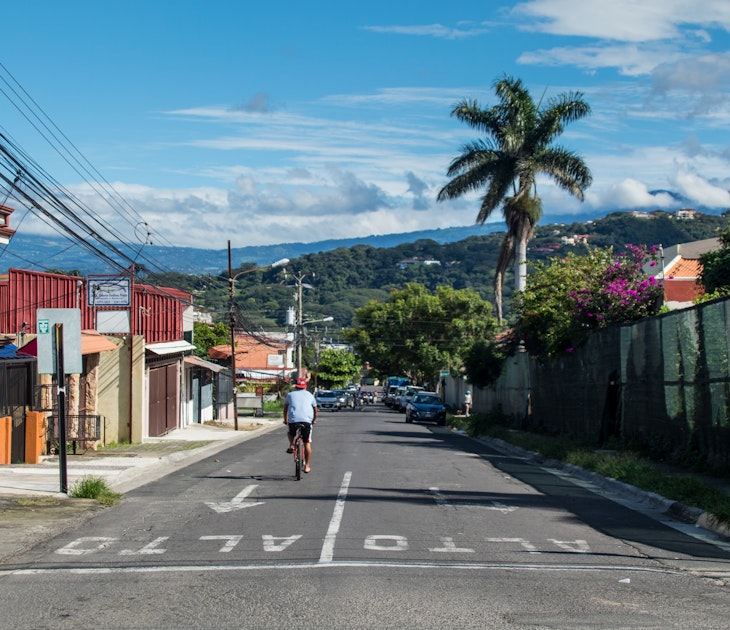

Several airlines have raised their baggage fees in 2020 © anyaberkut via Getty Images
A number of airlines have increased their baggage fees since the start of 2020, and travel experts are wondering if more will follow suit as the industry tries to recover from the effects of the COVID-19 pandemic.

American Airlines recently increased its transatlantic checked baggage fees from $60 (€54.82) one-way to $75 (€68.52) for holders of basic economy tickets, effective 21 April. Second bag charges remain at $100 (€91.36), while third and fourth bags are unchanged at $200 (€182.73) each way for transatlantic travel. Checked baggage fees for domestic flights remain at $30 (€27.41) for the first bag.

Earlier in the year, budget carrier JetBlue Airways raised the charge for a first checked bag from $30 (€27.41) to $35 (€31.98) from 16 January, and the second bag from $40 (€36.55) to $45 (€41.11). United Airlines then decided to do the same from 6 March, charging $35 (€31.98) for the first checked bag each way, and $45 (€41.11) for the second bag. However, for both JetBlue and United, the $5 increase can be avoided if the fee is paid before online check-in opens.

Upgraded Points conducted a study exploring the growing rate of US airlines' baggage fees and the revenue generated, using data released by the Bureau of Transportation Statistics for the year spanning April 2018 to March 2019. It found that a record $5.1 billion (€4.6 billion) in baggage charges were generated in that period. "We've all noticed that baggage fees have increased over the years; you feel the financial pinch every time you check-in to fly," said founder Alex Miller.

Baggage fees make up 3% of the overall operating revenue for all airlines, although the individual figure varies from airline to airline. They make up far more of the revenue for low-cost carriers than larger ones. Given how strapped for cash airlines are in the wake of the COVID-19 pandemic, it remains to be seen if other airlines also decide to raise their baggage fees.
Keep up to date with Lonely Planet's latest travel-related COVID-19 news here.
You might also like:
How Amtrak trips will change after the COVID-19 pandemic
Argentina shuts down commercial flights with strictest travel ban in the Americas
Passengers could benefit if airlines sell off air miles to banks
Explore related stories

Destination Practicalities
The essential guide for how to get around in Costa RicaJan 31, 2026 • 6 min read








